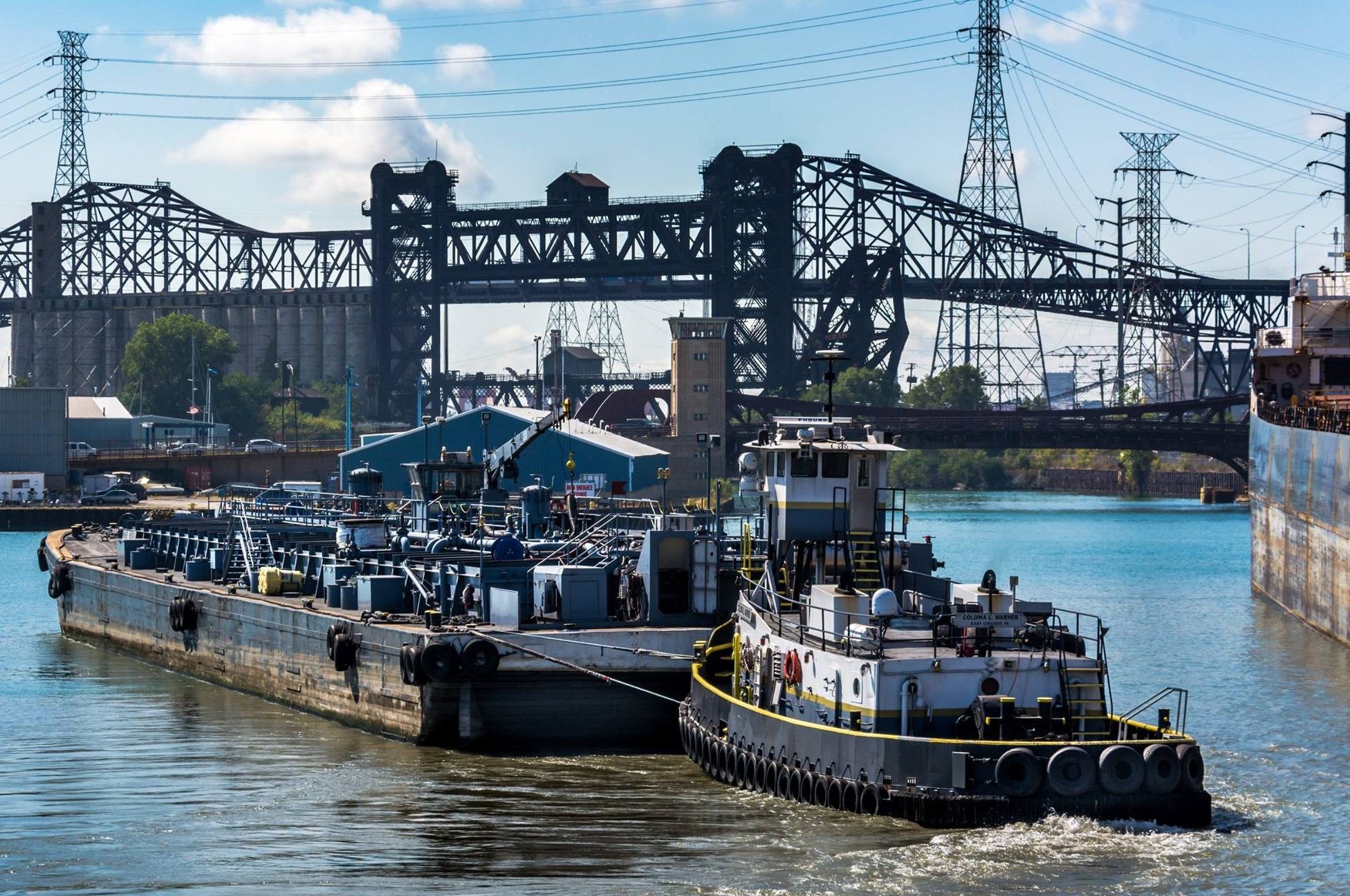The ICCT report, prepared for the U.S. Department of Transportation Maritime Administration, scrutinizes the feasibility of diverse future energy options for Great Lakes and St. Lawrence Seaway shipping through 2050. It evaluates alternative fuels and power options against a backdrop of environmental regulations and the pressing need for the maritime industry to mitigate greenhouse gas emissions.
By profiling the Great Lakes shipping industry, port infrastructure, and bunkering operations, and assessing technological maturity, costs, and life-cycle emissions of alternative fuels, the report offers insights for decarbonizing the region’s shipping industry.
The study also outlines a series of policy recommendations aimed at fostering the adoption of alternative fuels and power options in the region, emphasizing the expansion of onshore power supply, exploring methanol, ammonia, and hydrogen as potential fuels, and fostering collaboration for data collection to inform policy and promote technological advancements.
While the study provides valuable insights, it fails to evaluate the full opportunity and environmental footprint for biodiesel and renewable diesel – two of the most promising decarbonization solutions for the Great Lakes and St. Lawrence Seaway.
Originally shared by the International Council on Clean Transportation. Updated for clarity and purpose March 8, 2024.

